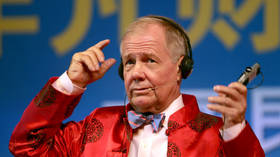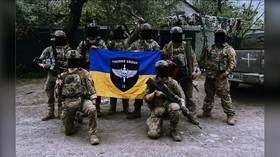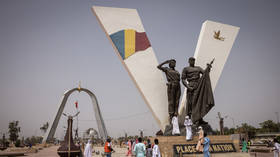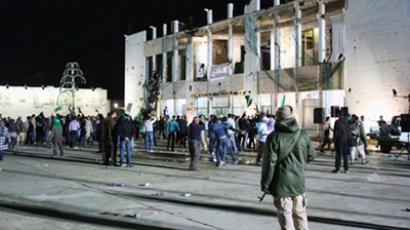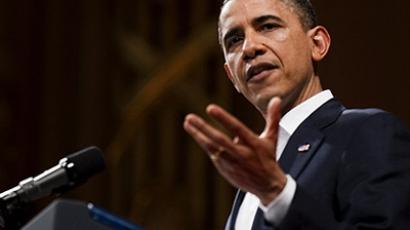Libya war continues amid uncertainty
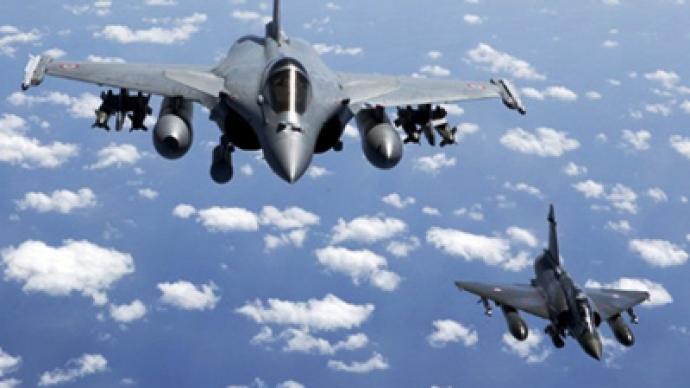
NATO agreed to take command of the Libyan no-fly zone, but has not accepted full military control of the Libyan war.
The US said it hopes to hand over full responsibility to NATO within days. New estimates showed the mission is now expected to last for months rather than days as the US first stated.As air strikes continue in Tripoli reports of civilian casualties rise; the coalition insists it is not targeting civilian areas. The view on the ground however is mixed. Libyan authorities claimed at least 100 people were killed in air strikes. Some mourners at a funeral, visible angry and enraged, demanded French President Nicolas Sarkozy, US President Barack Obama and the international coalition stop interfering with Libyan affairs. Fighting between rebel groups and Libyan forces continues on the ground as the death toll rises. Meanwhile, Obama and Russian President Dmitry Medvedev spoke on the phone – both coming away with different versions of their conversation. The White house explained the call focused on Russian support in Libya and the Middle East, while the Kremlin said the call was a message to Obama to ensure civilian casualties are avoided. As conflict continues in Libya, the Middle East and North Africa regions continue to see uprisings elsewhere – including in Bahrain, Jordan, Syria and Yemen. Vijay Prashad, the director of international studies at Trinity College explained that ongoing uprisings throughout the region were all ignited by the initial protests in Tunisia, but are not occurring for the same reasons. The protests in each nation are based on different grievances, separate issues independent from one another. He explained however Libya has become the global focus because it, unlike Bahrain, Yemen and some others, Libya is not a close US or Europe ally. “Libya was the most convenient country to focus attention on,” Prashad said. “The erratic leadership of Gaddafi has always threatened the west.”The US wants to see a more stable and conservative government take power in Libya, one friendly to the US. Due to the vague nature of the UN resolution allowing the coalition to enter the nation, forces are finding they cannot tell the different between civilians and rebels. The resolution was intended to protect civilians, but as air forces move in they are often giving air support to the rebel army, not innocent civilians. “From a cockpit it’s very hard to tell whether Gaddafi’s troops are engaging rebels or whether they are engaging civilians,” said Prashad. “What Resolution 1973 has produced is an ambiguous situation where NATO forces, and now French and American forces, are essentially providing air cover to the rebels, that is to say they have become a party to the civil war.”



